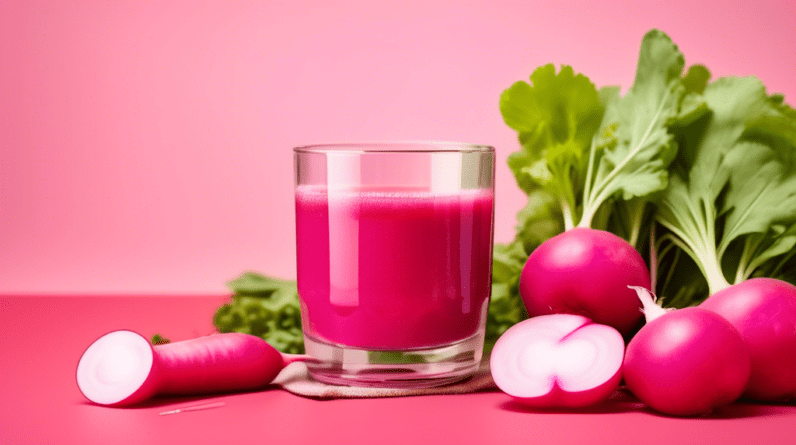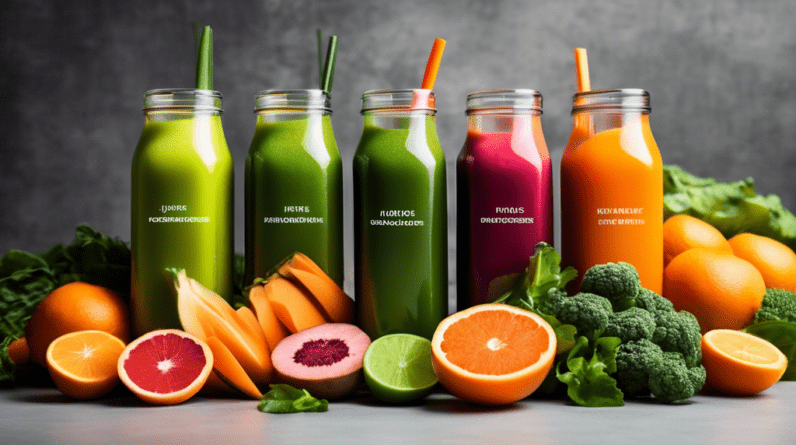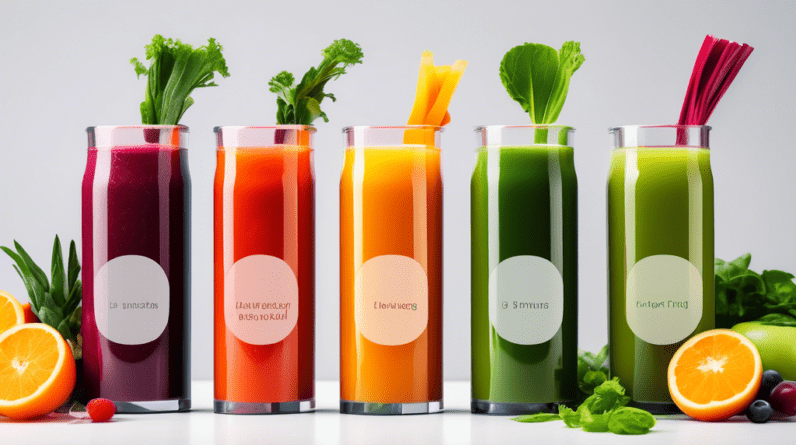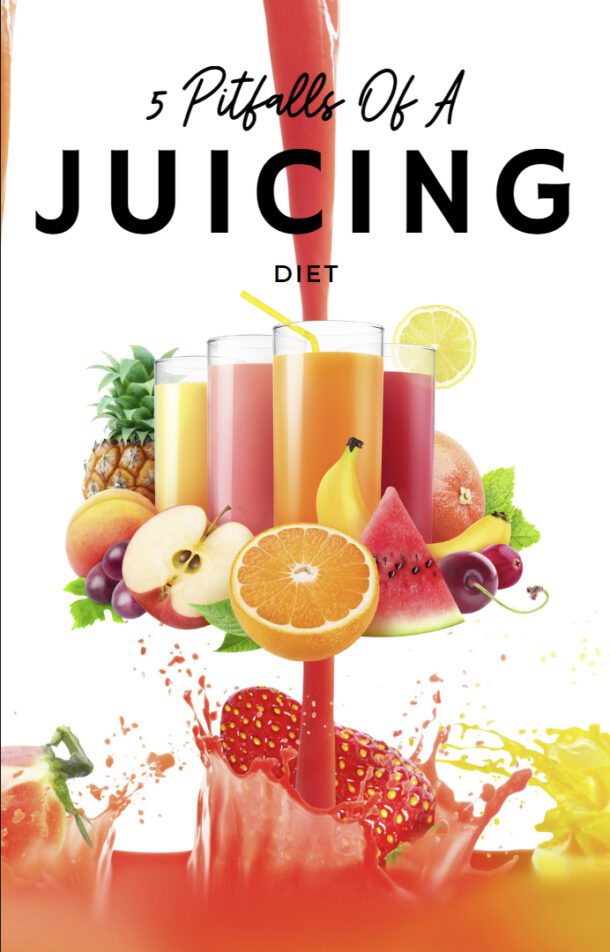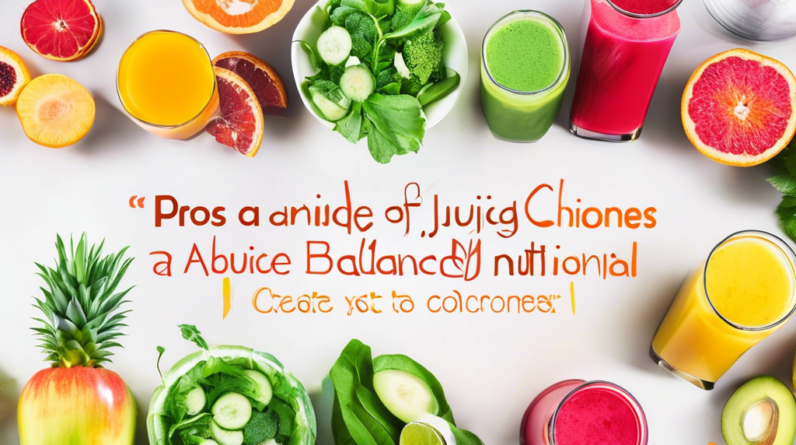
Juicing has gained popularity as a quick way to consume a range of vitamins and minerals from fruits and vegetables. However, understanding the benefits and drawbacks of juicing is essential for making informed dietary choices. Below, we explore the key points about juicing, emphasizing the importance of balance and moderation.
Benefits of Juicing
One of the primary advantages of juicing is the increased nutrient intake it offers. By transforming whole fruits and vegetables into juice, many individuals can consume a higher concentration of vitamins and minerals. The liquid form allows for rapid absorption into the bloodstream, making it easier for the body to utilize these nutrients effectively without the need to digest fibrous components found in whole foods.
Another significant benefit of juicing is its potential positive impact on cardiovascular health. Consuming pure fruit and vegetable juices can elevate nitric oxide levels in the blood, which works to expand blood vessels and lower blood pressure. This cardiovascular support is essential in promoting overall heart health and reducing the risk of related diseases.
Considerations and Limitations
Despite the benefits, there are considerable downsides to juicing that must be acknowledged. One of the most significant drawbacks is the removal of fiber, which plays a critical role in heart health, digestion, and blood sugar regulation. Fiber contributes to feelings of fullness and satisfaction, and its absence in juiced products can lead to overeating later.
Moreover, juicing can lead to high sugar intake without the balancing effect of fiber. Many fruit juices, particularly those that are primarily fruit-based, can spike blood sugar levels. As the fiber is stripped away, the sugars enter the bloodstream much more rapidly, posing a risk for individuals managing their blood sugar levels.
It’s also important to note that most juices lack adequate protein, a crucial nutrient for overall health. Juices can be calorie-dense, with an 8-ounce serving often containing 100-180 calories. This calorie load can lead to weight gain if not carefully monitored, emphasizing the importance of incorporating juices as part of a balanced diet rather than a mainstay.
To maximize the health benefits of juicing while minimizing risks, it is crucial to approach it with moderation. Incorporating more vegetables into juices can help lower sugar content, and considering alternatives like blending can help retain valuable fiber. Finally, for those with specific health concerns, seeking guidance from healthcare professionals is recommended to ensure a healthy approach to juicing.


